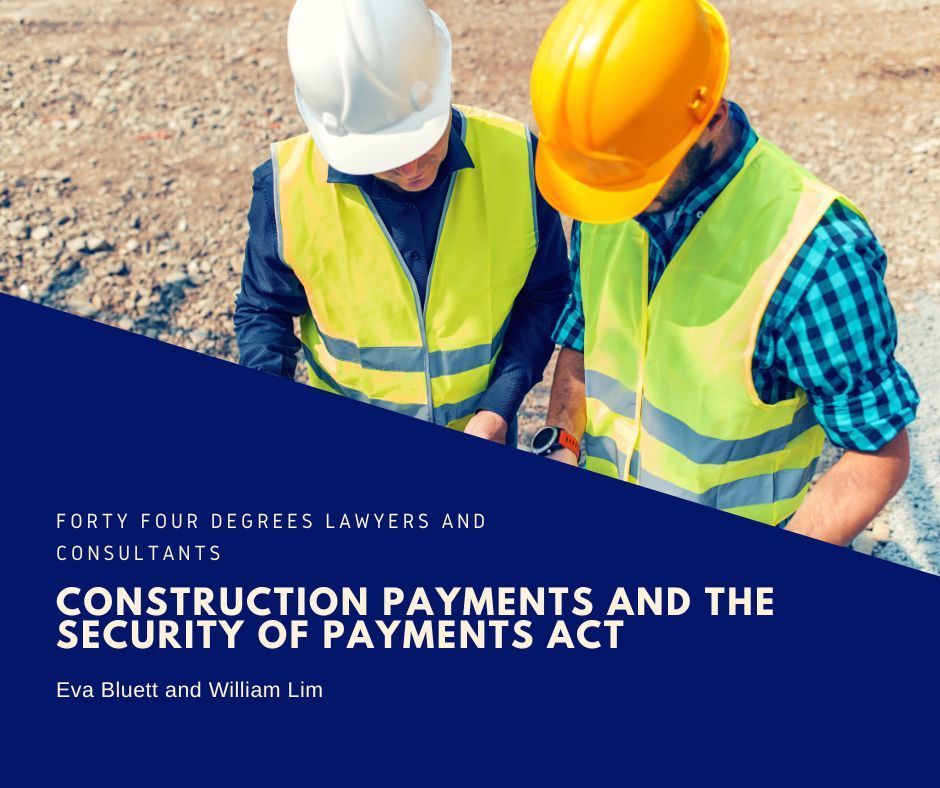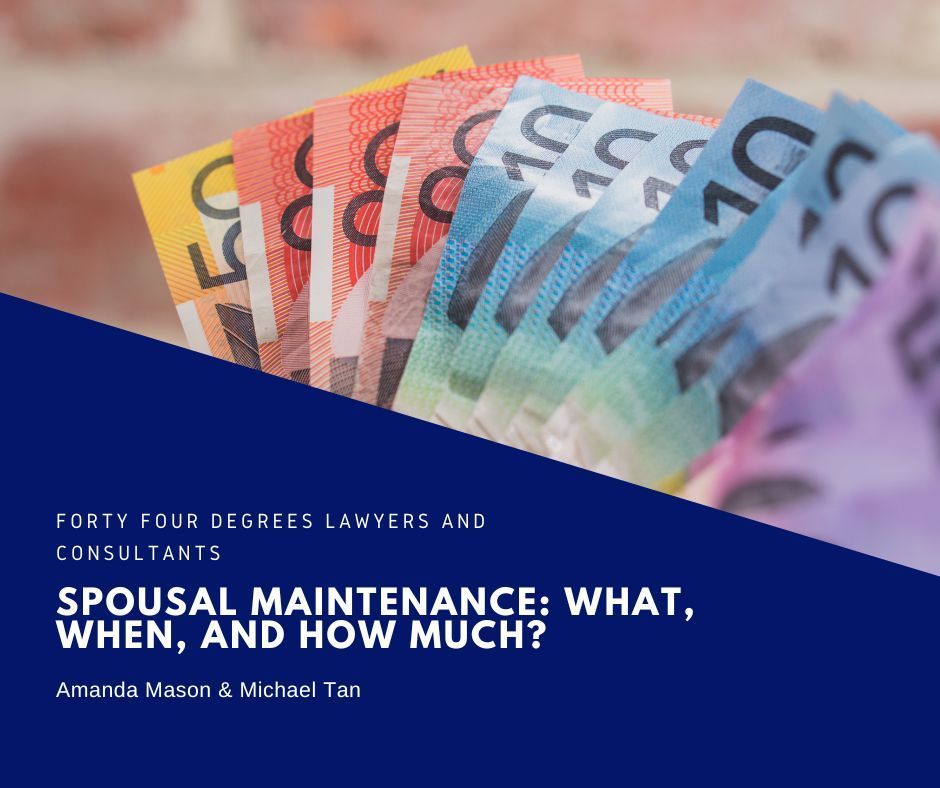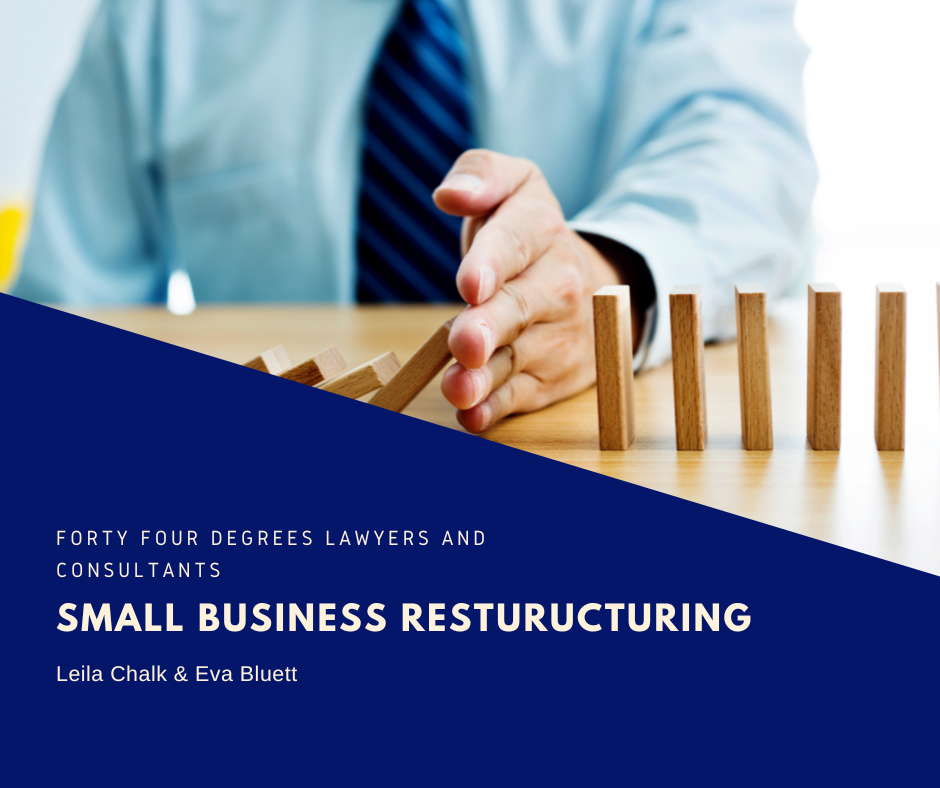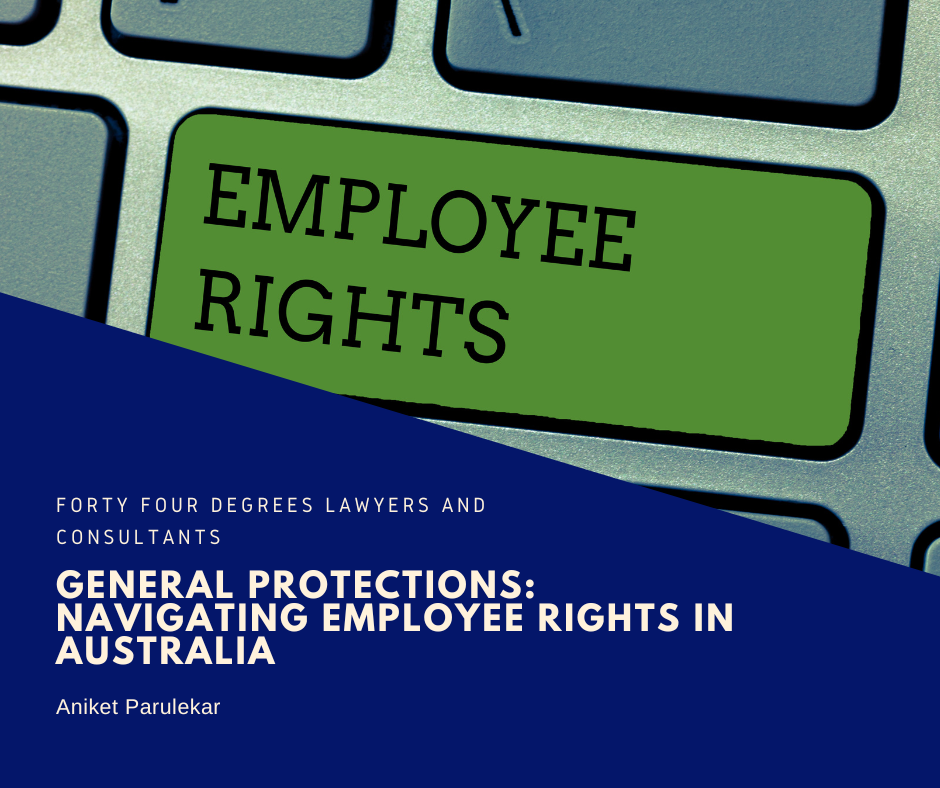The basics of appointing a corporate trustee
Hana Lee and Hunter Watkin • Mar 22, 2021
Should you or a company be the trustee for your trust?

What is a trust?
A trust is an arrangement that allows people to effectively manage their property and ensure that assets are received by specific, pre-selected individuals known as beneficiaries.
Trusts can be fixed, discretionary or hybrid and we will explain the differences between types of trusts in a subsequent article. The important point is that with any trust, assets are managed by a trustee.
A trustee is either a person, known as an ‘individual trustee’, or a company, known as a ‘corporate trustee’.
Trustees carry responsibility, so they must consent to being appointed. Once validly appointed, they become legal owners of property under trust, and often carry obligations to deliver property to the beneficiaries ( who are aptly named, as they are the ones that benefit from the trust arrangement). A trust deed typically sets out the relationship between all related parties. The deed might either compel a trustee to make certain distributions or give them discretion to distribute as they see fit, depending on the type of trust.
Why set up a trust?
Trusts can provide asset protection and taxation benefits. For example, a discretionary family trust can allow the trustee to spread distributions across different family member beneficiaries, particularly where some beneficiaries fall into a lower tax bracket. It also means that the trustee is responsible for the management, and as a result, the legal issues that may arise in relation to the assets and their handling. There are many benefits to trust structures but their advantages vary depending on the reason for setting one up. We encourage you to speak with a solicitor if you are thinking of setting up a trust, so that the correct structure can be applied for your situation.
Why make a company a trustee?
Setting up a company instead of acting as an individual trustee allows you to separate trust assets and personal assets more clearly. This is important as the trustee has a right of indemnity against the trust asset when the trustee was acting in it's capacity as trustee. It is much easier to establish if that was the case in circumstances where the only thing the trustee does is in that capacity.
A company, of course has directors and shareholders, which means that they are ultimately responsible for company decisions. Yet, if something goes wrong, the company, being a separate legal entity, is separate from an individual's legal liability.
It also means that where a director is no longer able to fill their duties, in the case of death for example, the company continues to act as trustee, and a director can be replaced.
How does a company become a trustee?
There are a number of mechanisms within the trust deed that appoint a company to be a trustee. However, companies also have internal processes that must be complied with.
As shareholders own the company, they are required to vote on certain important decisions. Directors can otherwise make decisions without their approval. Under the Corporations Act (‘the Act’), companies will adopt a set of replaceable rules by default that set out the company’s decision making procedure. However, company constitutions can be altered so that you can determine the exact method for the company to make decisions. This means that there are two possible ways in which a company can become a trustee.
In accordance with special rules in company constitution
If a company constitution specifically includes information about decisions relating to becoming a trustee, for example, that a meeting must be held, then this must be followed. Directors otherwise risk breaching their duties.
In accordance with replaceable rules that automatically apply
Where a constitution has not been specifically developed, a company and its directors will automatically be subject to the replaceable rules set out in the Corporations Act. Under these rules, directors of a company have broad powers to manage the business with the exception of certain decisions, the main ones being:
- Constitutional amendments
- Election of directors
- Related party transactions (for public companies)
- Changes to capital structure (for example the rights of equity and debt holders)
- Changes to the main undertaking of the business (if the company is listed on the ASX)
As these do not relate to becoming a trustee, the decision can be made by the directors without shareholder approval where common replaceable rules are adopted.
What if shareholders do not agree with the decision to become a corporate trustee?
Shareholders can remove directors from office by ordinary resolution under s 203C of the Act. This is a replaceable rule, so shareholders may amend this. If the company is public, there are some additional notice requirements under s 203D of the Act.
Conclusion
The benefits and to whom they favour when a company becomes a trustee are highly dependent on the mix of directors and members, as well as how they sit alongside the parties to the trust. If, for instance, the company trusteeship is set up for the sole benefit of a family, and its directors and members are related to the family, the benefits are clear and issues are unlikely to arise. However, it may not be appropriate where the interests of directors, shareholders and beneficiaries are indeed different for a company to accept the appointment.
If you would like to discuss your personal circumstances and whether creating a company for the purpose of trusteeship, or making an existing company a trustee could be of benefit, feel free to reach out to Hana Lee
at [email protected].
Contact Us
We’re an Australian Law Firm promoting a nuanced, personal touch. We have the skills you need to resolve your case quickly and with a positive outcome. Our straight talking team stays close to simplify what is most often a complicated process. We help individuals and businesses with technology and startup law, property law including conveyancing and leasing, commercial law, civil litigation, wills, estates, bankruptcy, insolvency, criminal law, and professionals facing investigations and charges from their regulatory body.
We have a connected network of talented lawyers in Melbourne CBD, Dandenong, Ballarat, and Ivanhoe East.
Fill out the form or call us on 1300 892 237.
Thank you for contacting us.
We will get back to you as soon as possible
We will get back to you as soon as possible
Oops, there was an error sending your message.
Please try again later or call us on 1300 892 237.
About Us
We do business your way.
203/ 50 Market St, Melbourne VIC 3000
50 Lydiard St South
Ballarat Central VIC 3350










